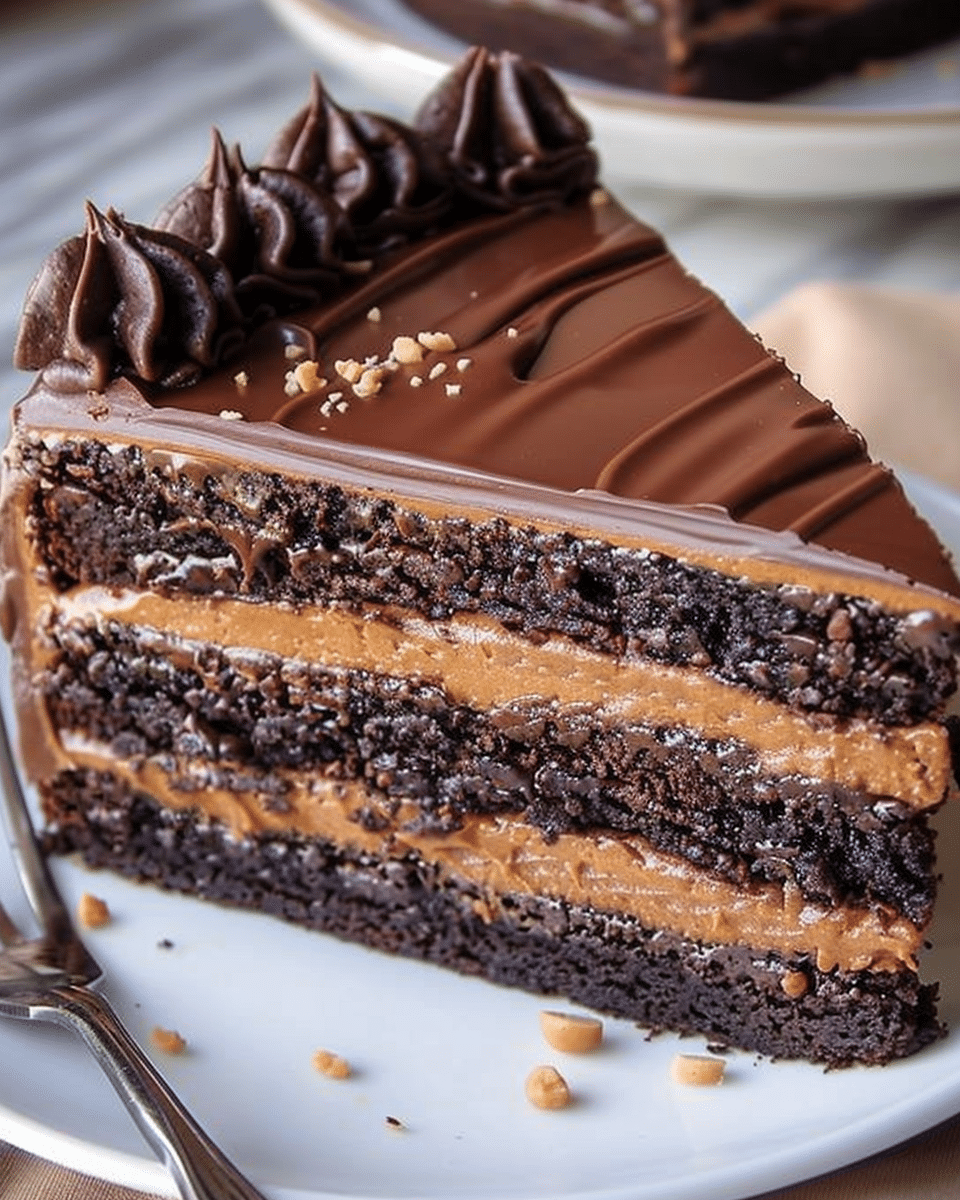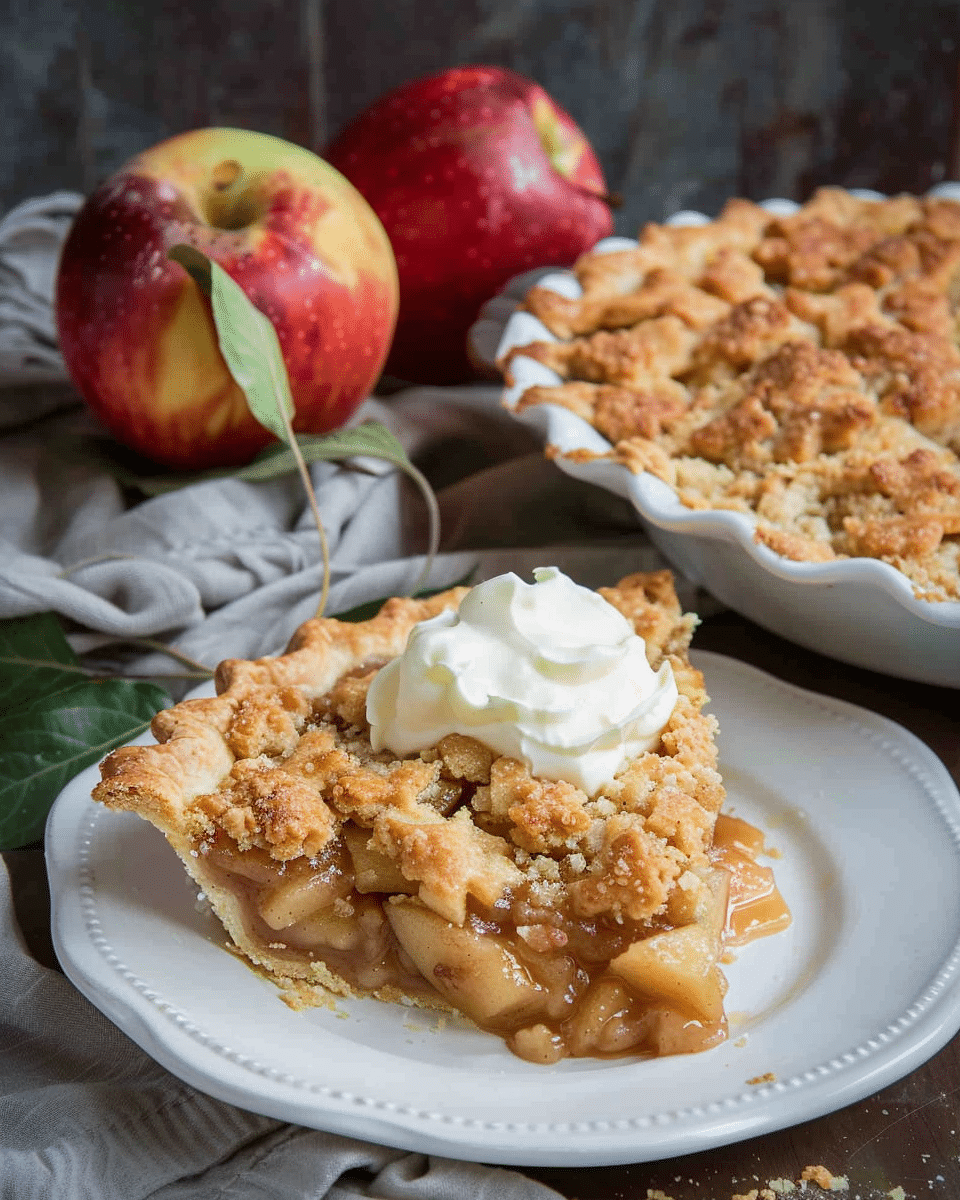In the world of baking, creativity meets science, offering a delightful playground for both experimentation and precision. One such experiment involves substituting ingredients, a common practice that can either lead to a delightful surprise or a baking disaster. This brings us to a question many baking enthusiasts might find themselves asking: “Can I use egg whites instead of baking soda in banana bread?”
Baking soda, a leavening agent, plays a crucial role in giving banana bread its light and airy texture. It works by reacting with acidic ingredients in the batter, releasing carbon dioxide gas, and creating air pockets that make the bread rise. But what happens when you find yourself out of baking soda? Could egg whites be a viable substitute?
In this article, we will delve deep into the roles of both baking soda and egg whites in baking, analyze the possibility of using egg whites as a substitute, and explore the potential impact on the final banana bread product. We will weigh the pros and cons, provide a detailed guide for using egg whites in banana bread, and suggest other possible substitutes for baking soda.
Embark on this journey of culinary exploration with us, as we seek to answer your questions, offer practical solutions, and ensure your banana bread baking adventure is both enjoyable and successful. Your feedback and experiences are welcomed and valued, making this exploration a shared and enriching journey for all.
Stay tuned and let’s embark on this baking exploration together!
The Role of Baking Soda in Banana Bread
Baking soda, or sodium bicarbonate, is a familiar ingredient in the world of baking, and it holds a significant place in the creation of banana bread. It’s a leavening agent, which means it helps the dough or batter rise, giving the banana bread its soft, fluffy texture. Let’s explore its role in more detail:
1. Chemical Reaction:
- Baking soda reacts with the acidic components in the banana bread batter, such as the bananas themselves or other ingredients like yogurt or buttermilk. This reaction produces carbon dioxide gas, creating bubbles in the batter.
2. Leavening Effect:
- The carbon dioxide gas produced from the chemical reaction causes the batter to rise as it bakes. This leavening effect is crucial for achieving the desired light and airy texture in banana bread.
3. Browning:
- Baking soda also contributes to the browning of the banana bread. It promotes the Maillard reaction, a chemical reaction between amino acids and reducing sugars that gives browned foods their characteristic flavor and color.
4. Flavor Enhancement:
- While not a dominant flavor in banana bread, baking soda can subtly enhance the overall taste by balancing the acidity of the other ingredients.
However, using the right amount of baking soda is crucial. Too much can leave a soapy taste, and too little may not provide enough leavening, leading to a dense bread.
In essence, baking soda is not just an afterthought in the recipe for banana bread. It plays a multifaceted role, contributing to the bread’s rise, color, and even its flavor. Understanding its function is key to exploring potential substitutes, such as egg whites, and ensuring that the end product retains its beloved characteristics.
In the next section, we will delve into the properties of egg whites and evaluate their potential as a substitute for baking soda in banana bread. Stay tuned as we continue to unravel the secrets behind achieving perfect banana bread, even when venturing beyond traditional ingredients.
Understanding Egg Whites
Egg whites, also known as albumen, are the clear liquid within an egg that surrounds the yolk. They play various roles in cooking and baking, and understanding their properties is essential when considering them as a substitute in recipes, such as for baking soda in banana bread.
1. Protein Content:
- Egg whites are rich in proteins, which can help to give structure and stability to baked goods. When whipped, egg whites can trap air, creating volume and lightness.
2. Leavening Abilities:
- While not a traditional leavening agent like baking soda, egg whites can contribute to the leavening process. When beaten, they can hold air and water, expanding during baking and helping the batter to rise.
3. Moisture:
- Egg whites contribute moisture to recipes, which can impact the texture and consistency of the final product.
4. Binding Properties:
- They can also act as a binding agent in various recipes, helping to hold other ingredients together.
Challenges:
However, it’s crucial to note that while egg whites have leavening abilities, they do not have the same chemical properties as baking soda. They cannot react with acidic ingredients to produce carbon dioxide, which is a key factor in the rising process of banana bread.
Conclusion:
In essence, egg whites have their own unique set of properties that can contribute to the texture, moisture, and leavening of baked goods. However, their function is fundamentally different from that of baking soda. In the next section, we will analyze the feasibility and implications of using egg whites as a substitute for baking soda in banana bread, weighing the potential benefits and drawbacks, and providing practical insights for your baking endeavors. Stay tuned as we continue this exploration, aiming to provide comprehensive answers and guidance for your baking questions and experiments.
Can Egg Whites Replace Baking Soda?
The idea of substituting egg whites for baking soda in banana bread brings us to a crossroads of baking science and culinary innovation. While both ingredients contribute to the leavening process, their mechanisms are fundamentally different. Let’s delve into the analysis:
1. Leavening Process:
- Baking Soda: It reacts with acidic ingredients to produce carbon dioxide gas, causing the batter to rise and expand.
- Egg Whites: When beaten, they trap air, adding volume and lightness to the batter. However, they do not produce carbon dioxide, which is essential for the leavening process in banana bread.
2. Texture:
- Baking Soda: It gives banana bread a light, fluffy texture.
- Egg Whites: They can add lightness and airiness, but the texture might be different from the traditional banana bread.
3. Flavor:
- Baking Soda: It subtly enhances the overall flavor by balancing acidity.
- Egg Whites: They do not have a significant impact on flavor but can contribute to a slightly different taste profile.
4. Chemical Reaction:
- Baking Soda: Engages in a chemical reaction with other ingredients.
- Egg Whites: Do not engage in a similar chemical reaction.
Challenges:
Replacing baking soda with egg whites in banana bread may not yield the desired results in terms of texture, rise, and flavor. The absence of the chemical reaction that baking soda provides could lead to a denser bread.
Conclusion:
In conclusion, while egg whites have their own valuable properties in baking, they cannot fully replicate the role of baking soda in banana bread. The substitution might work in a pinch, but expectations should be managed regarding the final product’s texture, rise, and flavor. It’s always a good idea to experiment, but understanding the distinct roles and contributions of each ingredient is crucial for successful baking adventures.
In the next section, we will explore the pros and cons of using egg whites instead of baking soda in banana bread, providing a balanced view to help you make an informed decision for your baking endeavors. Stay tuned and continue this journey of culinary exploration with us!
Pros and Cons
The substitution of egg whites for baking soda in banana bread is a culinary experiment that comes with its own set of advantages and disadvantages. Understanding these can help bakers make informed decisions and set realistic expectations for the outcome. Let’s explore the pros and cons:
Pros:
1. Nutritional Enhancement:
- Egg whites are a good source of protein, which can add nutritional value to the banana bread.
2. Availability:
- In situations where baking soda is unavailable, egg whites might be a handy and readily available alternative.
3. Allergy Considerations:
- For individuals allergic to certain chemical compounds, using egg whites could be a safer alternative.
4. Texture Variation:
- Egg whites can impart a different texture to the banana bread, which some individuals might prefer.
Cons:
1. Different Leavening Process:
- Egg whites do not produce carbon dioxide when heated, which could result in a denser banana bread.
2. Flavor Variation:
- The absence of baking soda might lead to a slight change in the flavor profile of the banana bread.
3. Texture Challenges:
- The banana bread might not achieve the traditional light and fluffy texture without baking soda.
4. Trial and Error:
- It may take a few attempts to perfect the recipe with egg whites, leading to potential wastage and extra effort.
Conclusion:
In essence, while there are some benefits to using egg whites as a substitute for baking soda in banana bread, there are also significant drawbacks to consider. The final product may differ in texture, flavor, and appearance, and it’s crucial to approach this substitution with an open mind and a willingness to experiment.
In the upcoming section, we will provide a step-by-step guide for those who wish to attempt using egg whites in place of baking soda in banana bread, ensuring you are well-equipped for this baking adventure. Stay tuned as we continue to guide you through this culinary exploration, offering insights, tips, and practical solutions for your baking queries and experiments.
Step-by-Step Guide for Using Egg Whites in Banana Bread
Embarking on the journey of using egg whites instead of baking soda in banana bread requires careful steps to optimize the chances of achieving a satisfying result. Below is a detailed guide to assist you in this baking experiment:
Ingredients:
- Ripe bananas
- Egg whites
- Flour
- Sugar
- Salt
- Other preferred additional ingredients (e.g., nuts, chocolate chips)
Instructions:
1. Preparation:
- Preheat your oven as per your usual banana bread recipe.
- Grease and prepare your banana bread pan.
2. Separating Egg Whites:
- Separate the egg whites from the yolks. Use the egg whites as per the recipe requirement.
3. Beating Egg Whites:
- Beat the egg whites until they form stiff peaks. This process incorporates air into the egg whites, which can help in the leavening process.
4. Mashing Bananas:
- In a separate bowl, mash the ripe bananas until smooth.
5. Combining Ingredients:
- Add sugar, salt, and any additional preferred ingredients to the mashed bananas and mix well.
- Gently fold in the beaten egg whites, ensuring not to deflate the air incorporated in them.
- Gradually add the flour, folding it in gently to maintain as much airiness as possible.
6. Pouring the Batter:
- Pour the batter into the prepared banana bread pan, smoothing the top for even baking.
7. Baking:
- Place the pan in the preheated oven and bake as per your usual banana bread baking time, or until a toothpick inserted in the center comes out clean.
- Keep a close eye on the bread, as the absence of baking soda might slightly alter the baking time.
8. Cooling:
- Once baked, remove the banana bread from the oven and allow it to cool in the pan for a few minutes.
- Transfer the bread to a wire rack to cool completely.
9. Evaluating the Results:
- Once cooled, evaluate the texture, flavor, and rise of the banana bread.
- Make a note of any adjustments needed for future baking attempts.
Tips:
- Be gentle while folding in the egg whites to retain the airiness.
- Consider adding an extra egg white for additional leavening.
- Be open to adjustments in baking time and ingredient proportions.
While using egg whites instead of baking soda in banana bread is an unconventional approach, this guide provides a structured pathway for those willing to explore this substitution. Remember that the results may vary, and the key to success lies in experimentation, observation, and adjustment. Happy baking, and may your banana bread be delightful and delicious!
Alternative Substitutes for Baking Soda
While egg whites offer one possible alternative to baking soda in banana bread, there are other substitutes that may more closely mimic the leavening action of baking soda. Each alternative has its own unique properties and may affect the taste, texture, and appearance of your banana bread. Here are some other substitutes you can consider:
1. Baking Powder:
- How to Use: Use three times the amount of baking powder as you would baking soda. Learn to understand baking soda and baking powder.
- Effect: Baking powder contains baking soda and an acid, so it can replace the leavening action of baking soda.
2. Buttermilk:
- How to Use: Replace the liquid in your recipe with buttermilk and use 1/4 teaspoon of baking soda for each cup of buttermilk.
- Effect: The acidity in buttermilk can react with baking soda or baking powder to produce carbon dioxide and cause your banana bread to rise.
3. Yogurt:
- How to Use: Substitute equal amounts of yogurt for the liquid in your recipe, and use 1/4 teaspoon of baking soda for each cup of yogurt.
- Effect: Like buttermilk, yogurt is acidic and can work with baking soda or baking powder to leaven your banana bread.
4. Vinegar and Milk:
- How to Use: Mix one tablespoon of vinegar with one cup of milk to substitute for one teaspoon of baking soda.
- Effect: The acid in vinegar can react with baking soda or baking powder, similar to buttermilk and yogurt.
5. Self-Rising Flour:
- How to Use: Replace the all-purpose flour in your recipe with self-rising flour.
- Effect: Self-rising flour contains baking powder, which can help your banana bread rise.
Things to Consider:
- Each substitute may impart a different flavor or texture to your banana bread.
- Adjustments to the amount and baking time may be necessary.
- It’s important to do a test bake to ensure satisfactory results.
In essence, while there are various alternatives to baking soda for making banana bread, each comes with its own characteristics and effects on the final product. It’s crucial to understand these differences and be prepared for some experimentation to achieve the best results. In the next section, we will conclude the article, summarizing the key points and encouraging you to embark on your baking adventures with confidence and curiosity. Stay tuned and keep baking!
FAQs
Can I use egg whites instead of baking soda? Yes, you can use whipped egg whites to add volume, but the texture and rise may differ as egg whites don’t have the same leavening properties as baking soda.
What can I use if I don’t have baking soda for banana bread? You can use baking powder, buttermilk, or yogurt as alternatives. Each will impact the flavor and texture differently, so be prepared to experiment.
How many egg whites for 1 tsp of baking soda? There’s no exact equivalent, but you can try using 2 whipped egg whites. Adjust based on the results and personal preference for texture and rise.
How much egg white to substitute for baking powder? Similar to baking soda, try starting with 2 whipped egg whites for 1 tsp of baking powder, and adjust based on the outcome and your preference.
Conclusion
In the world of baking, the exploration of alternative ingredients like using egg whites instead of baking soda in banana bread opens up avenues for creativity, innovation, and learning. While egg whites bring their own unique properties to the baking process, it’s essential to acknowledge that they cannot fully replicate the chemical reactions that baking soda provides. The journey might be filled with trials, adjustments, and discoveries, leading to varied textures, flavors, and consistencies in your banana bread.
We’ve traversed through the roles of baking soda and egg whites, weighed the pros and cons of substitution, and explored other potential alternatives. Each path offers its own learning curve and the opportunity to refine your baking skills and knowledge. The key lies in experimentation, observation, and a willingness to embrace the unexpected outcomes of culinary adventures.
Your insights, experiences, and queries are a valuable part of this exploration. We invite you to share your thoughts, questions, and suggestions in the comments section below. Have you tried using egg whites or any other substitute for baking soda in banana bread? What was your experience? Do you have any tips or insights to share with fellow bakers?
Happy Baking!









